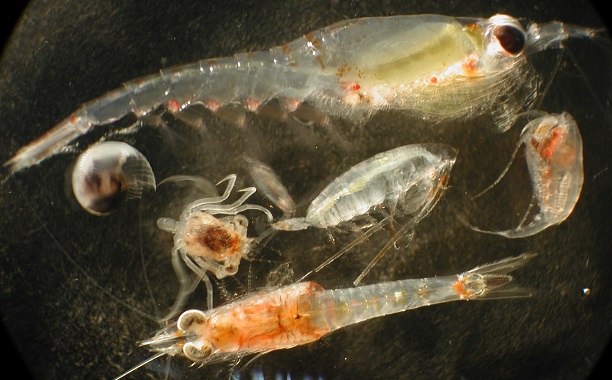A team of international scientists aboard an 118-foot-long French schooner, who spent three-years collecting plankton from the world’s oceans, have uncovered the hidden world of the ocean’s tiniest organisms, plankton.
The international team of scientists aboard the schooner Tara were part of a three-year global expedition known as the Tara Oceans expedition. Together, the group traveled the oceans of the world while collecting the tiny organisms responsible for the production of half of the oxygen we breathe. Not only do they produce half our oxygen through photosynthesis, they also account for 90 percent of the mass of all marine life in Earth’s oceans.
Thus far, the team has collected 35,000 species of bacteria, 5,000 new viruses and 150,000 single-celled plants and creatures, according to a BBC report which quoted Dr. Chris Bowler with the French National Centre for Scientific Research (CNRS) as having said that we now “have the most complete description yet of planktonic organisms to date: what’s there in terms of viruses, bacteria and protozoa – we finally have a catalogue of what is present globally.”
We have the most complete description yet of planktonic organisms to date: what’s there in terms of viruses, bacteria and protozoa – we finally have a catalogue of what is present globally.
The expeditions, which took place between 2009 and 2013, resulted in what Genoscope researcher Patrick Winscker referred to in a Discovery News report as “the largest DNA sequencing effort ever done” on behalf of ocean science. The findings, which are now available in the newly created Ocean Microbial Reference Gene Catalog, revealed roughly 40 million genes, of which, the “vast majority” are new to science. This, according to Wincker, hints “towards a much broader biodiversity of plankton than” scientists were previously aware of.
This is the largest DNA sequencing effort ever done for ocean science: analyses revealed around 40 million genes, the vast majority of which are new to science, thus hinting towards a much broader biodiversity of plankton than previously known
The marine biology expeditions focused on studying plankton across the planet’s oceans was published as a series of papers in the journal Science on May 22, 2015.
In an unrelated study published earlier this month in the journal ACS Central Science, researchers analyzing an artificial ocean’s chemical composition and movement have found that the ocean’s microbes may help combat global warming.
























